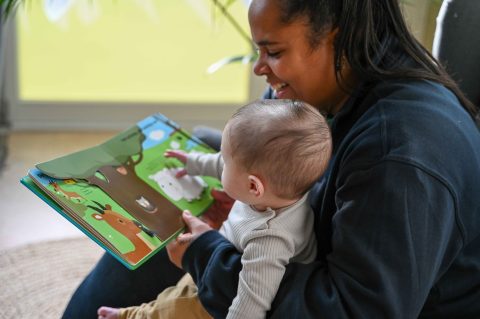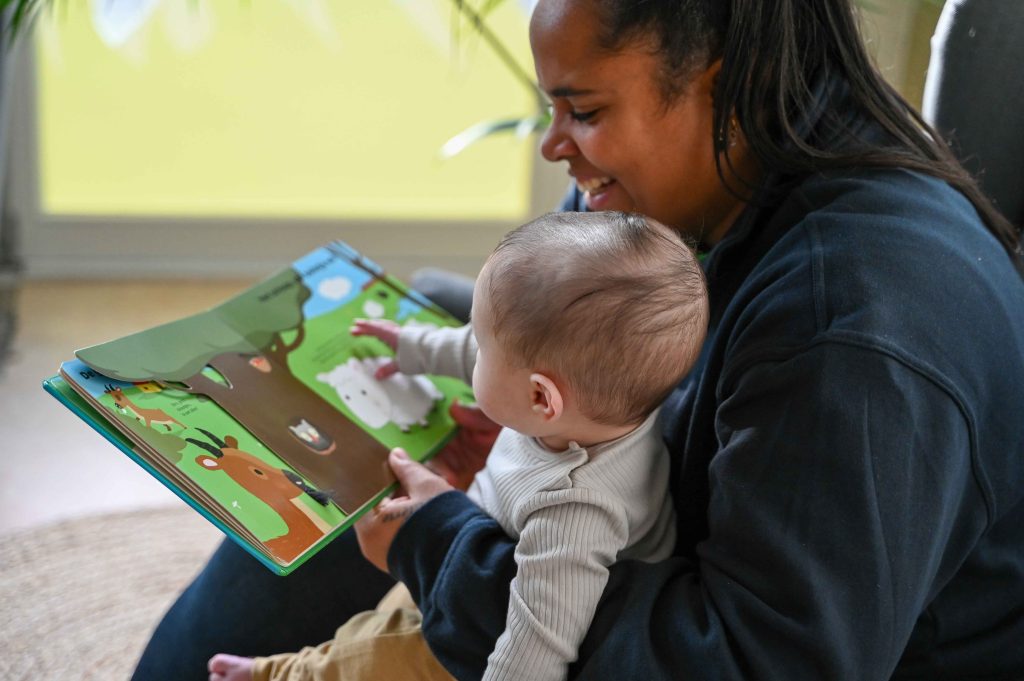At Kibeo we celebrate Education Week. A week in which the Netherlands Youth Institute draws attention to connecting educators, the various people and organizations involved in your child's education. As a childcare organization, Kibeo also falls under your child's educators. This year the theme is 'Sharing together, knowing together'. That is why we are happy to share our expertise with you as a parent or caregiver. By sharing knowledge with each other, we increase each other's knowledge and come closer to each other, which has a positive effect on your child's development. In this blog you can read how we in the group deal with your child's development periods and how you can follow this at home.
Our promise to your child
At Kibeo we look at what is best for your child and take into account what he or she needs. This gives your child all the peace and space to go on a voyage of discovery and explore the world at their own pace. This generally happens in the first years of your child's life.
A child goes through different development periods in life. This starts in your child's first 1,000 days (from conception) and lasts until your child is 6 years old. These development periods are also called 'the sensitive periods in development'. By positively stimulating your child's curiosity, your child will develop a strong basis for learning new skills. The skills that were not learned or were learned incorrectly during these periods can often only be learned partially or with great difficulty at a later age.
2 tips to connect with your child's developmental periods at home
How can you connect with your child's development periods at home? Below you can read 2 tips.
- Encourage movement from the birth of your child
Did you know that a baby needs at least 30 minutes of exercise per day? Young children make enormous steps in their motor development, both fine and gross motor skills. For example, babies are often encouraged to reach for toys from their stomach position. This strengthens their back and neck muscles and at the same time babies develop their grasping reflex. Observe whether your baby is ready to move a toy from one hand to the other. This is an exercise that makes his or her hands move separately. - Bring your child into contact with different people at a young age
Children exhibit social behavior from a very early age. Just think of imitating your facial expressions, for example. This helps them recognize behavior and build trust. Your child can read from your facial expression, or that of other trusted people, whether the situation is safe. By introducing your child to different people at a young age, you help your child better understand social signals in new situations. This also helps your child make friends.
Would you like to know in which other ways you can support your child's development at home? Ask the pedagogical staff at the location. They are always ready to help and work with you to get the best start for your child!


